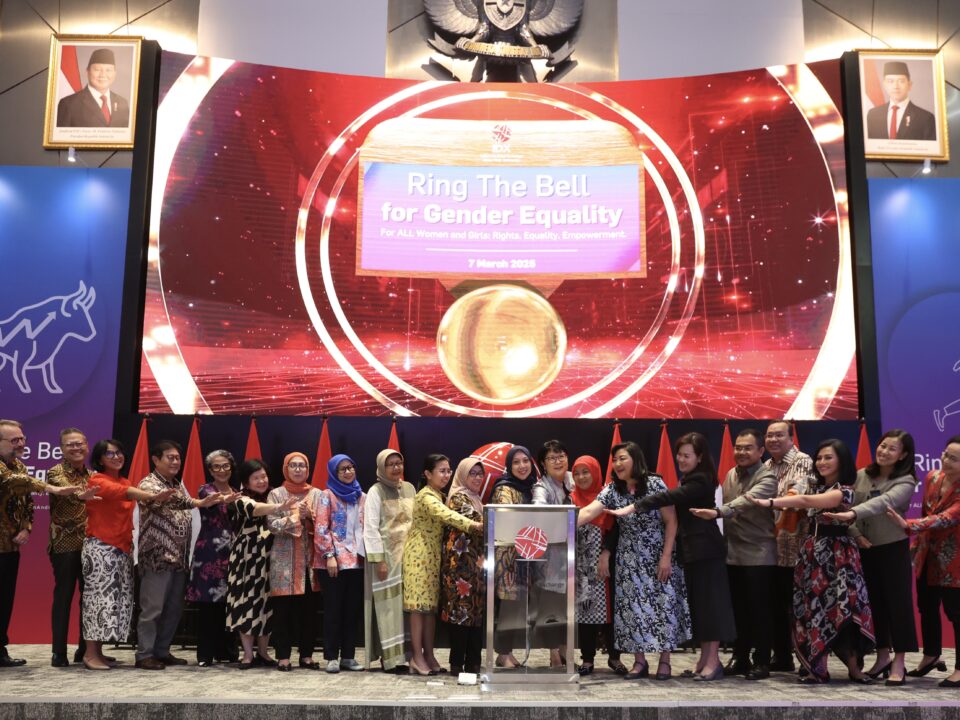
Overcoming Barriers to Exploring New Careers: Steps Toward Growth and Change
May 29, 2024
Lelaki Turut Serta – Coffee Chat #4
September 12, 2024On Tuesday (3/9), IBCWE (Indonesia Business Coalition for Women Empowerment) was invited as a panel speaker at the World Bank Report Launch on the care economy in Indonesia: “The Care Economy in Indonesia: A Pathway for Women’s Economic Participation and Social Wellbeing” at Soehanna Hall, Jakarta.
Representing IBCWE In this event, IBCWE Executive Director, Wita Krisanti, appreciated the comprehensive research report highlighting the condition of the care economy in Indonesia and hoped that this report could be a reference for all actors and stakeholders in the care economy.
Wita also delivered a presentation arguing the importance of company support to increase female labor force participation. In that presentation, she also discussed a guide for companies to provide support for female workers, one of which is through childcare support.
The impact of low female labor force participation
The low female labor force participation in a company can significantly impact business outcomes and output. The lack of female representation could reduce the diversity of perspectives in analyzing business challenges. In the long term, that could hinder the process of business innovation.
“A lack of heterogeneity in analytical process within a company can stifle its innovative potential,” said Wita.
Furthermore, Wita also conveyed that companies’ efforts to increase female labor force participation have led more and more companies to expose themselves to the care economy, one of which is through support for their employees in carrying out childcare. However, many companies still do not know how to start.
Steps to help companies provide childcare support
IBCWE has also encouraged more companies to provide support. One is through the Guide to Employer-Supported Childcare, a collaborative effort of IBCWE, Investing in Women, and the Australia-Indonesia Partnership for Prosperity (Prospera). In this guide, IBCWE and Prospera analyze the current condition of childcare policy and offer several options for childcare support based on the capabilities and readiness of each company, as well as the different needs of each employee depending on the company’s sector and location.
“The challenges [for companies in providing childcare support] may vary. Because between sectors or offices in SCBD (urban metropolitan area), they face different challenges from other more isolated sectors such as mining, manufacturing, or plantations. Therefore, companies need to conduct a needs assessment.”
Wita added that support for childcare services also needs to adjust to the specific needs of each employee.
Wita added that “for example, a company may not need on-site care because their employees must commute. [Meanwhile,] our public transportation facilities may not be adequate to carry a child.”
In addition to on-site facility support, the IBCWE Executive Director also discussed both the company and childcare providers need to agree on an equal level of services. This is important to ensure that company support is significant for employees in need.
At the end of her presentation, the IBCWE Executive Director expressed hope that discussions on the rules and standards for implementing childcare services will be held more often so that more companies can provide similar support to increase the number of women participating in the workforce.





